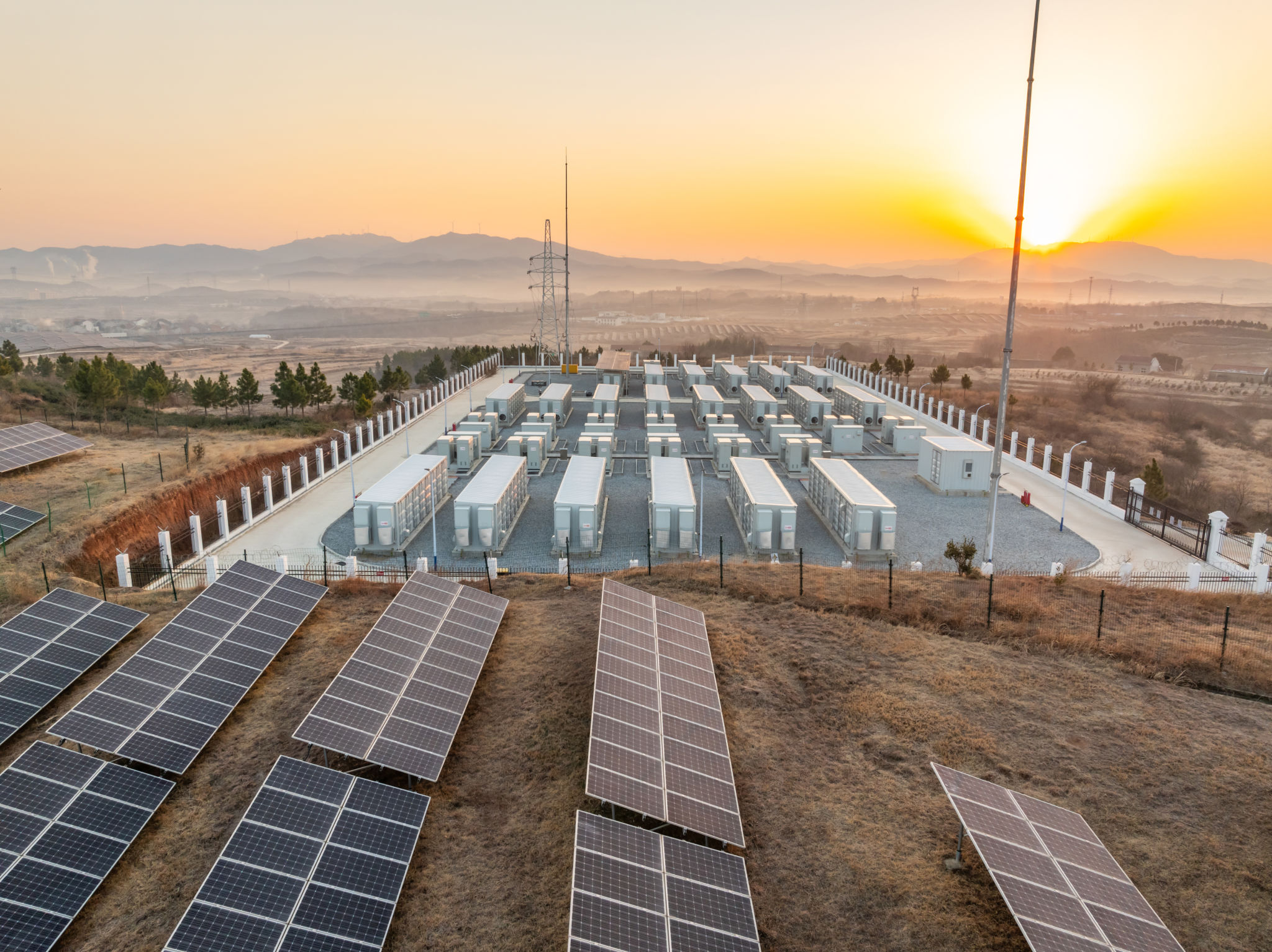Top 5 Myths About Battery Energy Storage Systems Debunked
Understanding Battery Energy Storage Systems
Battery Energy Storage Systems (BESS) have become increasingly popular as the world moves towards sustainable energy solutions. However, several myths and misconceptions surround these systems, often deterring individuals and businesses from adopting this technology. Here, we debunk the top five myths about BESS to provide a clearer understanding of their benefits and functionalities.

Myth 1: Battery Energy Storage Systems Are Too Expensive
One of the most common myths is that BESS are prohibitively expensive and only viable for large-scale operations. While initial costs can be significant, the long-term savings on energy bills and the potential for generating income through grid services can offset these expenses. Additionally, technological advancements and increased production are driving costs down, making these systems more accessible to small businesses and even residential users.
Myth 2: Battery Storage Is Only Useful for Backup Power
Another misconception is that battery storage is solely for backup power during outages. In reality, BESS offer a variety of applications. They can store excess energy generated from renewable sources like solar panels, allowing users to harness this power during peak demand times or when renewable generation is low. This capability not only enhances energy reliability but also maximizes the efficiency of renewable energy systems.

Addressing Performance Concerns
Many people worry about the performance limitations of battery storage systems, often due to outdated information or misunderstanding of the technology.
Myth 3: Batteries Have a Short Lifespan
A prevalent myth is that batteries degrade quickly and require frequent replacement. Modern BESS are designed with longevity in mind, with many systems offering warranties that guarantee performance for over a decade. Moreover, advancements in battery technology continue to improve lifespan and efficiency, ensuring that users can rely on consistent performance for many years.
Myth 4: Battery Energy Storage Systems Are Inefficient
Some believe that the energy loss during storage and retrieval makes BESS inefficient. While no system is 100% efficient, modern battery storage systems have high round-trip efficiencies, often exceeding 90%. This means that the majority of stored energy is available for use when needed, making them a viable solution for energy management.

Environmental Impact and Safety
The environmental and safety concerns surrounding battery storage systems are often exaggerated or misunderstood.
Myth 5: Battery Storage Is Harmful to the Environment
There is a misconception that battery storage systems are environmentally harmful due to their manufacturing processes and disposal concerns. While there are environmental considerations, the overall impact of battery storage is positive when compared to fossil fuel alternatives. Manufacturers are increasingly adopting sustainable practices, and recycling programs are being developed to minimize environmental impact.
In conclusion, understanding the realities of battery energy storage systems can significantly impact decisions regarding energy solutions. By debunking these myths, we hope to encourage more individuals and businesses to consider BESS as a practical and eco-friendly option for their energy needs.